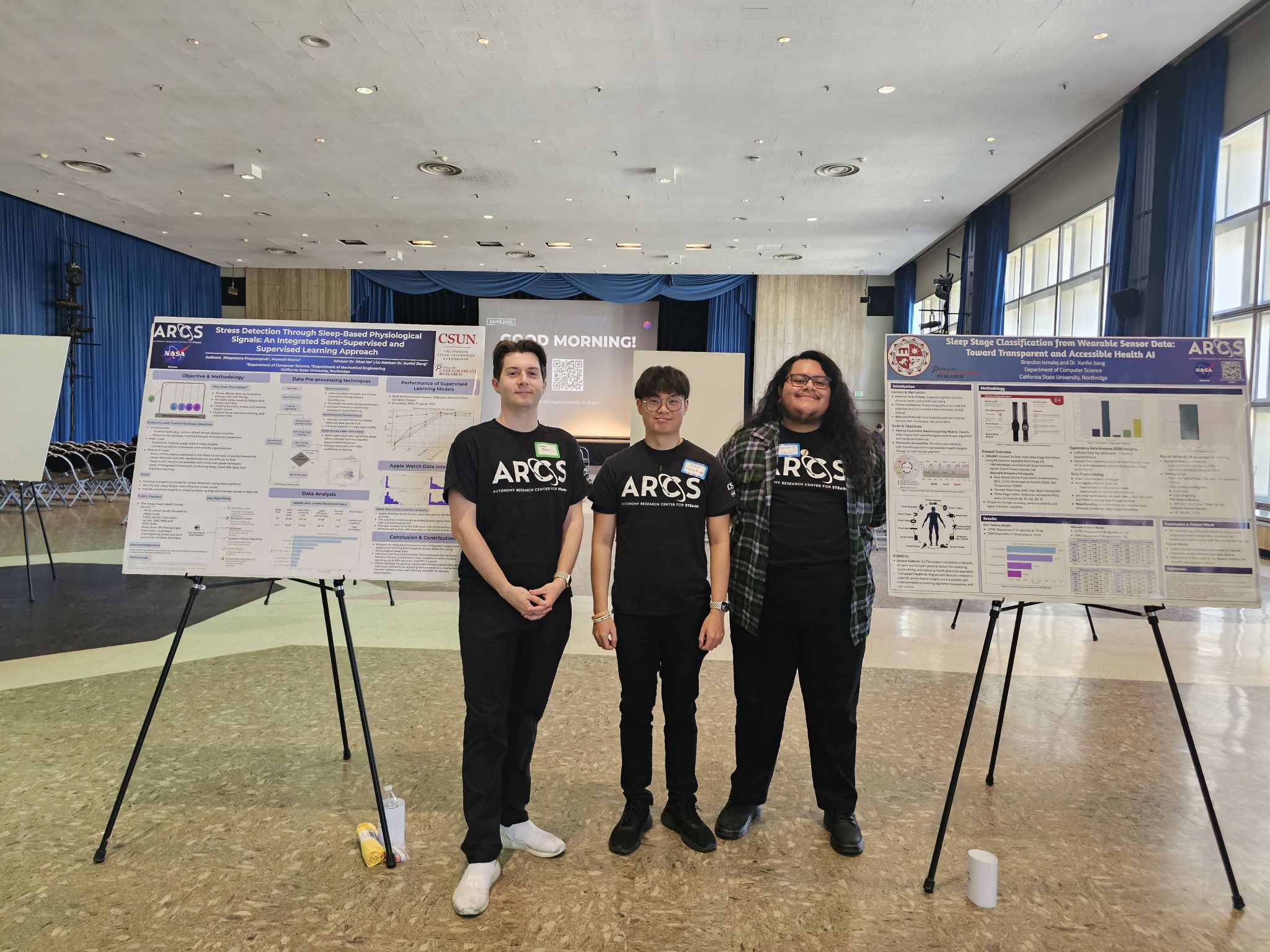Stress
Detection
2 student
2024 - 2025
- Contributions:
- Apple Watches
- ML Algorithm
- Data visualization
This project aims to apply data science technology for human body data analysis, and provide health condition prognostics for individuals on data collected from smart wearable devices. This project is associated with the intelligent algorithm development for the Boracle project.
We conducted sample data collection with the Apple watches by wearing Apple watches continuously during both days and nights and conducting different activity scenarios across 2 months in summer 2024, and these data will be processed for initial performance and stress level analysis.
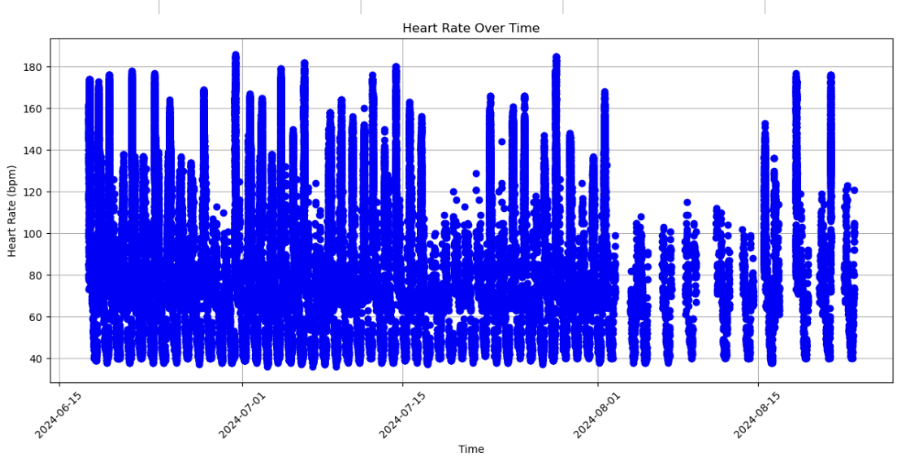
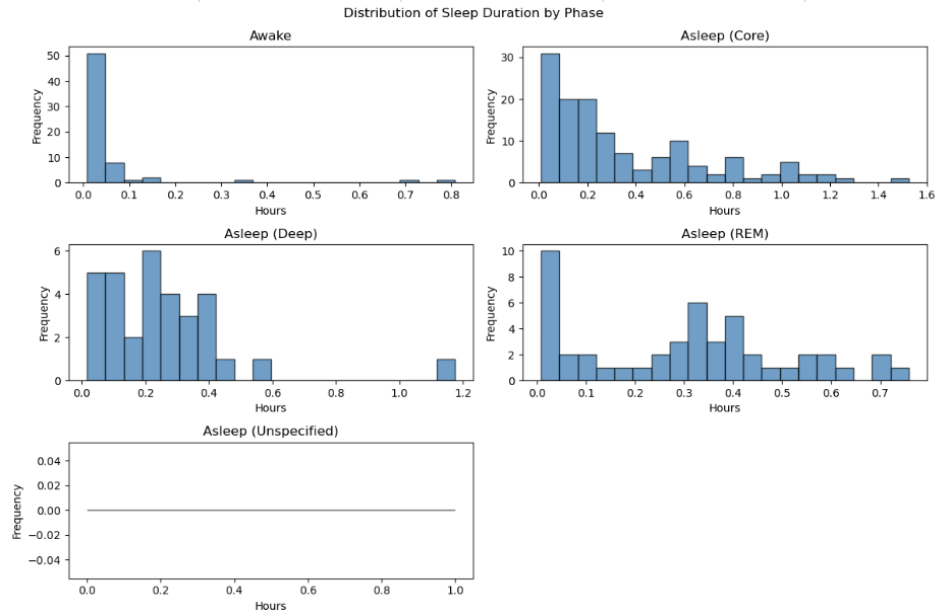
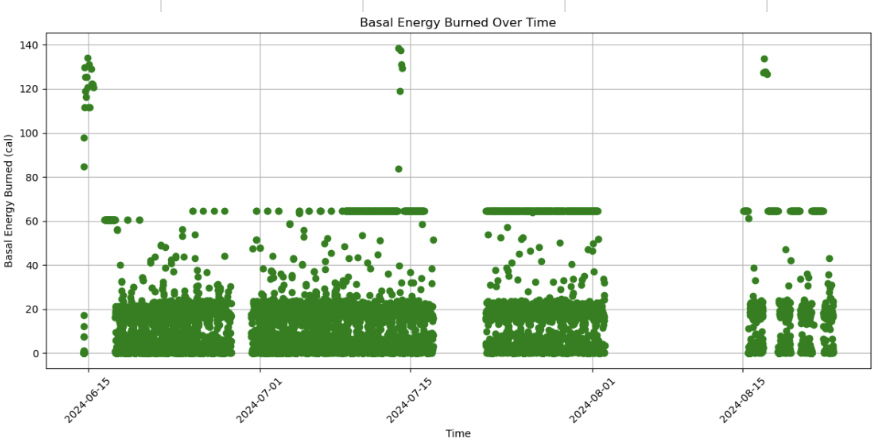
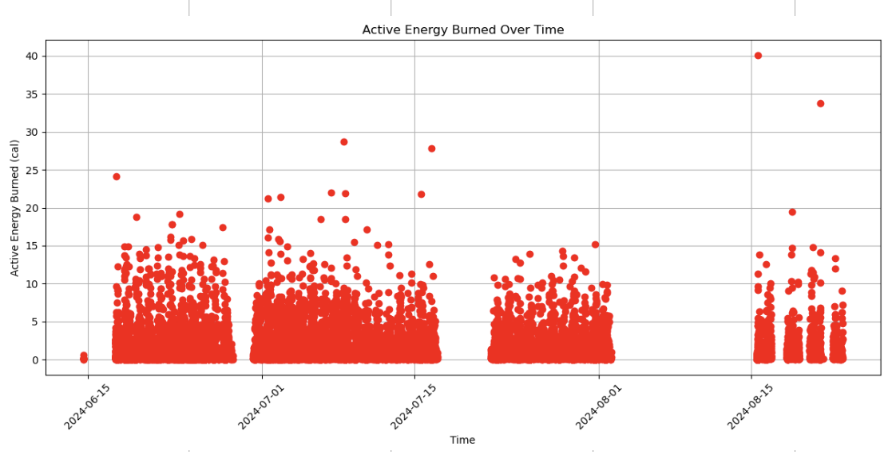
This is a dataset collected from 100 participants, which includes high-resolution signals from a smartwatch, expert sleep technician-annotated sleep stage labels, and clinical metadata related to sleep health and disorders.
The Sleep Heart Health Study (SHHS) is a multi-center cohort study implemented by the National Heart Lung & Blood Institute to determine the cardiovascular and other consequences of sleep-disordered breathing. It tests whether sleep-related breathing is associated with an increased risk of coronary heart disease, stroke, all cause mortality, and hypertension. In all, 6,441 men and women aged 40 years and older were enrolled between November 1, 1995 and January 31, 1998 to take part in SHHS Visit 1.
This study develops a machine learning-based sleep stage classification algorithm, using physiological signals collected from smart wearable devices. The publicly available DREAMT dataset was used, comprising sleep data from 100 participants at the Duke University Health System Sleep Disorder Lab using clinical-grade smart wearables with sleep stages annotated by sleep technicians. These data were preprocessed to train a Long Short-Term Memory model classifying five sleep stages. Our LSTM model achieved an accuracy of 93%, which demonstrated high performance in detecting wake and REM stages. Alternative architectures, including CNNs and hybrid models, are being explored to improve accuracy and generalizability. This research bridges wearable technology with clinical sleep analysis, reducing polysomnography reliance while providing AI-driven health insights.
Stress significantly impacts physical and mental health, manifesting in indicators such as elevated heart rate, reduced heart rate variability, and poor sleep quality. Wearable devices monitor these markers but face challenges with multi- modal sensor input processing and generalization due to limited labeled data and individual variability. This study introduces an integrated stress detection framework using semi-supervised learning for data refinement and supervised learning for stress detection. A public sleep heart health dataset was processed through feature selection and transformations, and a self-training classifier enhanced label quality, mitigating the impact of limited labeled data.
Six machine learning models used for stress detection are analyzed in this section. Performance metrics such as Accuracy, F1 Score, Recall, and Precision were analyzed to determine the effectiveness of these models. Machine learning models, including Random Forest, Decision Tree, and XGBoost, achieved up to 99% accuracy and a 97% F1-score.
This project is supported by:
Autonomy Research Center for STEAHM (ARCS) at CSUN
PODER Undergraduate Student Research through the Office of Undergraduate Research (OUR) at CSUN
[1] Goldberger, A., Amaral, L., Glass, L., Hausdorff, J., Ivanov, P. C., Mark, R., ... & Stanley, H. E. (2000).
PhysioBank, PhysioToolkit, and PhysioNet: Components of a new research resource for complex physiologic signals.
Circulation [Online]. 101 (23), pp. e215–e220.
[2]G.-Q. Zhang, L. Cui, R. Mueller, S. Tao, M. Kim, M. Rueschman,
S. Mariani, D. Mobley, and S. Redline, “The national sleep research
resource: towards a sleep data commons,” J. Am. Med. Inform. Assoc.,
vol. 25, no. 10, pp. 1351–1358, Oct. 2018.
[3] S. F. Quan, B. V. Howard, C. Iber, J. P. Kiley, F. J. Nieto, G. T. O’Connor,
D. M. Rapoport, S. Redline, J. Robbins, J. M. Samet, and P. W. Wahl,
“The sleep heart health study: design, rationale, and methods,” Sleep,
vol. 20, no. 12, pp. 1077–1085, Dec. 1997
Student teams participated in this project


